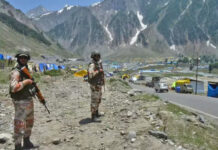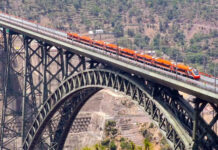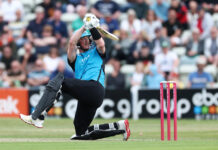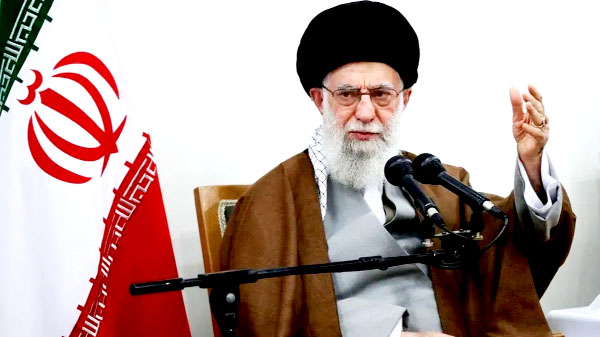IRGC deputy commander Ali Fadavi said that Israel’s three power plants and oil refineries could come under attack if Tel Aviv targets Tehran
NEW DELHI, OCT 5
Hit where it hurts, seems to be the mantra in the ongoing conflict between Israel and the Iran-backed Hezbollah. With Israel’s latest strikes hitting the intelligence headquarters of Hezbollah in Beirut, there are speculations that the target was the group’s presumed new head Hashem Safieddine.
There is no confirmation yet on Safieddine’s fate as neither Hezbollah nor Israel have made any statement. Safieddine had, reportedly, taken over after former Hezbollah chief Hassan Nasrallah was killed in a similar Israeli airstrike a week ago.
Tension between Israel and Iran escalated after top Hamas leader Ismail Haniyeh was killed in Tehran in August, with Iran blaming Israel for his death and vowing retaliation. Last week, Iran had fired a barrage of over 180 ballistic missiles into Israel in response to the latter’s ground invasion of parts of Lebanon and continued airstrikes on Beirut. Israel had replied saying that its response will be precise and targeted. Speculations are rife that Israel’s next target might be Iran’s oil facilities.
Consequently, oil prices have already gone up. Earlier this week, US President Joe Biden said he was “discussing” the possible strikes on Iran’s oil sites, adding, however, that the US will not back Israel if it attacks Iranian nuclear sites. Oil prices jumped five per cent over concerns about the Middle East after Biden’s response to Iran’s missile attack on Israel.
Though Israel have neither confirmed nor denied the speculations around Biden’s remarks on the response to Iran, the Islamic Revolutionary Guard Corps (IRGC) has already fired a warning.
IRGC deputy commander Ali Fadavi said that Israel’s three power plants and oil refineries could come under attack if Tel Aviv targets Tehran. “If Israel makes a mistake – all of its energy facilities, refineries and gas fields will be hit. Iran is a large country with many economic centres, while Israel has three power plants and several refineries, and we can hit them at the same time,” Fadavi said. Iran’s foreign minister Abbas Araqchi, too, vowed strong retaliation if Israel continued its attacks on Lebanon. The warning came in response to Israeli’s strikes days after Iran ordered a missile attack on Israel earlier this week in response to Hezbollah chief Hassan Nasrallah’s assassination. Iran launched nearly 200 ballistic missiles in response to the killing of Nasrallah and other key figures linked to Iran.
Iran’s Supreme Leader Ayatollah Ali Khamenei told a huge gathering in Tehran that Iran and its regional allies would not back down. In a rare appearance leading the Friday prayers, he called Iran’s attack on Israel “legal and legitimate”. Khamenei said Iran would not “procrastinate nor act hastily to carry out its duty” in confronting Israel.
“The Palestinian people have a lawful right to defend themselves. To stand up to those criminals—the occupation forces. There is not a single court or international organisation that can blame the Palestinian people for simply defending their homeland,” Khamenei said.
He added that the Muslim nations have a common enemy and all should “strap the belt of defence” from Afghanistan to Yemen, from Iran to Gaza and Lebanon.



























